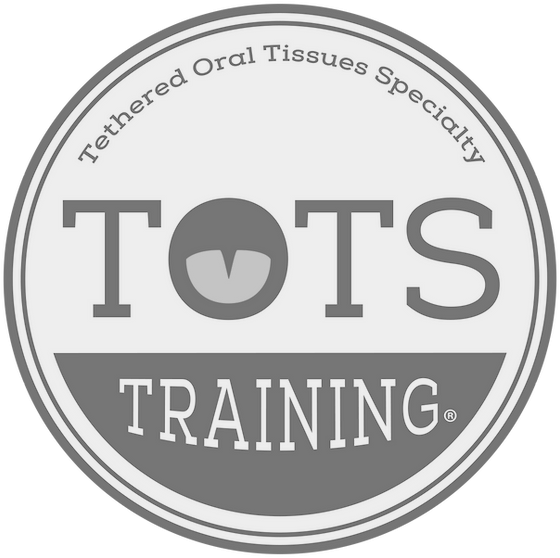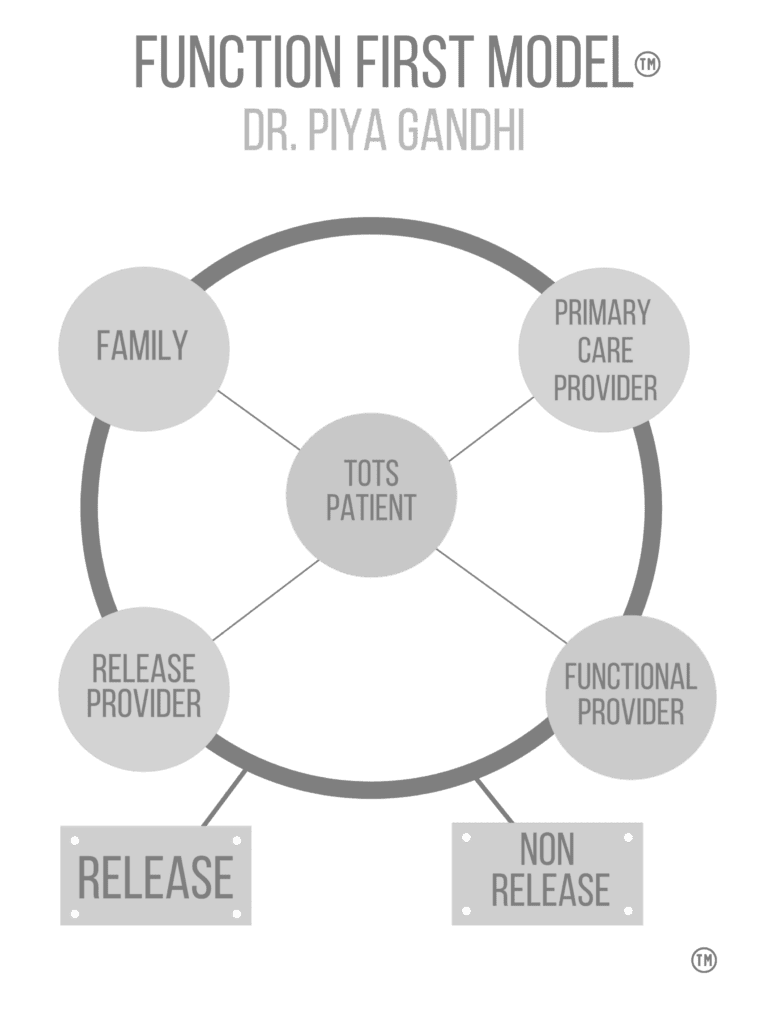I am a mother of two girls and I am also a pediatric dentist. The mother in me knows how incredibly overwhelming it is to have and care for a newborn, and how impossible it seems to add one more thing to the long list of items to do. The pediatric dentist side of me cries every time I see a three year old come into my office with cavities. I bring this up on a blog for new mothers because the reality is that a child’s mouth needs care starting from birth. Unfortunately, with everything else going on in the newborn phase, this is something that constantly gets overlooked.
My goal here is not to overwhelm you with information, but provide you with the basics of infant oral care 101 to get you started on the right track.
Care before teeth:
First let’s talk about oral care prior to a first tooth (which usually comes in around 6 months of age). All you need for this stage is a soft moist washcloth. Whether you are breastfeeding or bottle feeding, using the washcloth after feeds will help remove milk residue from your infant’s gums and tongue. In an ideal world this would happen every time your baby feeds (but who lives in an ideal world with a newborn!). So cleaning their mouth twice a day, once in the morning and once at night, is a great place to start.
Care after the first tooth:
Once your infant does get their first tooth, the routine stays the same. You just need to switch to an infant tooth brush/finger brush with a smear of fluoride toothpaste. If you have already established the routine of twice a day oral cleaning, this transition is easy. Just like your dentist recommends, you want to brush your child’s teeth in the morning and at night before “bed time”. If you are still nursing or bottle feeding at night, it is a good idea to keep the wash cloth handy to wipe out after the midnight feeds.
Teething:
As I mentioned above, most infants get their first tooth around 6 months of age. The majority of infants have mild discomfort while teething that does not interrupt the normal daily routine; however, in some instances infants struggle during teething and require assistance. If you notice that your infant is uncomfortable during the teething process, I recommend giving them any of the following: a cold teething ring, freezing a wet washcloth and letting your infant suck on it, or giving the weight appropriate dose of infant Tylenol. Each child is unique, so let your newborn help you decide what treatment works best. I would advise against using any teething gels or tablets as there have been reports on toxicity with these products.
Pacifier use/Thumb sucking:
The use of a pacifier or a thumb to soothe is normal for infants. Children usually wean themselves from this habit between 2 to 3 years of age. If the habit persists past 3 years of age, intervention may be required to avoid disturbance in jaw development and tooth positioning.
When should my child have their first dental visit?
Your infant should have their first visit with a pediatric dentist by their first birthday! This is a great way to get more tips on avoiding dental disease for your little one and establish a relationship with a trusted provider. It is important that you find a provider you are comfortable with and one that specializes in pediatric dentistry.
About Dr. Gandhi:
Dr. Piya Gandhi has been practicing dentistry since 2009. She completed her pediatric specialty training at the University of Texas in Houston. She is a mother of two young girls, Cyrah (4) and Ayana (1).
Dr. Gandhi strongly believes that the foundation of pediatric dentistry is built on strong relationships with her patients and their families. The best way to build these relationships is to start early. This is why she strongly supports the AAPD recommendation of seeing a pediatric dentist by age 1. The age 1 visit allows for parents to ask questions, children to get used to meeting Dr.Gandhi, and getting the entire family on a path to preventing oral disease.
Piya says that prior to having children she really didn’t understand the parent’s perspective of pediatric dentistry. Dr. Gandhi fully understands how scary it is to put your child’s well-being into someone else’s hands. This is why she encourages parents to be present (in her office there are built in parent benches!) and encourages parents to ask questions.
Looking for a Pediatric Dentist?
Visit Dr. Piya Gandhi at West U Pediatric Dentistry
www.westupediatricdentistry.com

Harper 8 Months – West U Pediatric Dentistry Patient















